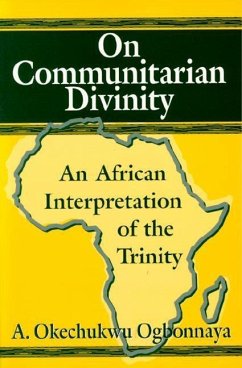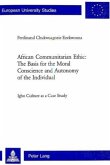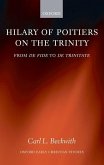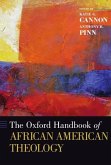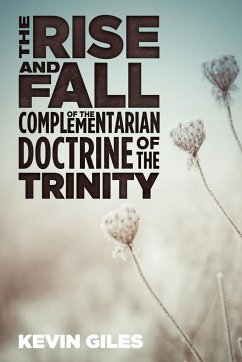The Trinity has long been considered an enigma within Western Christendom because the worldviews from which it has been apprehended have not been compatible with the worldview of the persons who developed the doctrine. This book presents the case for looking at the concept of God - specifically, the doctrine of the Trinity - from an African perspective. Ogbonnaya's provocative views will compel the reader to rethink what is meant by reference to the complex and loaded concepts "African", "Christian", and "Trinity". On Communitarian Divinity displaces traditionally authorized versions of the doctrine of Trinity rooted in the Graeco-Roman philosophical schools of Plato and Aristotle with a resolute and passionate African-centric gaze. This gaze traverses the continent of Africa from ancient Egypt in the northeast to the Igbo, Yoruba in West Africa. Utilizing a cross-cultural African perspective enables Ogbonnaya to persuade and convince any reasonably open-minded reader that the Christian idea of a God who is One-and-Many, or Three-in-One, was organically related to the African community and family understanding of early church "Fathers" such as Tertullian living in North Africa. One is invited to embrace a provocatively "communitarian" concept of the Divine inner life and its social implications. On Communitarian Divinity offers us a new pluriform way of becoming Christian in an increasingly conflictual pluralist world.

